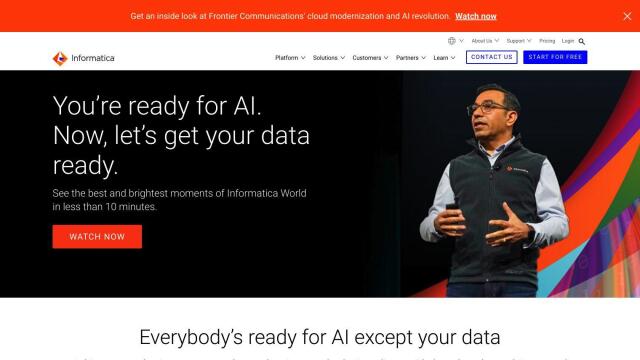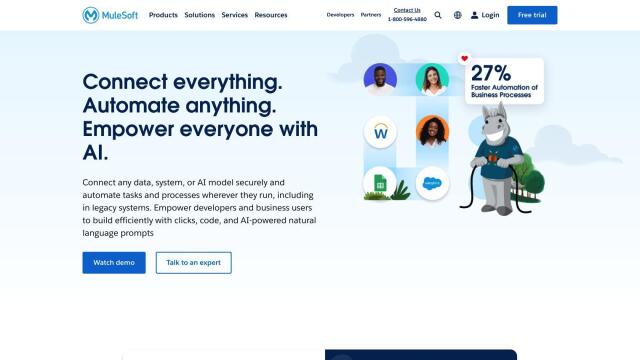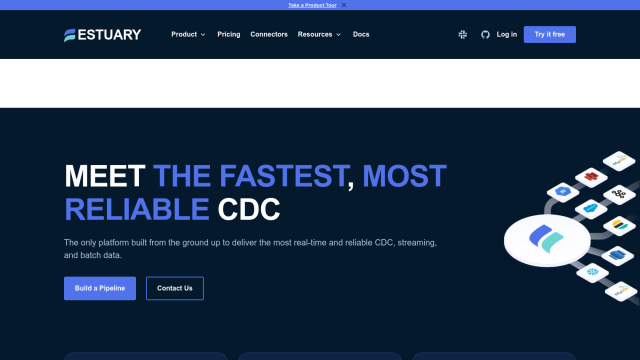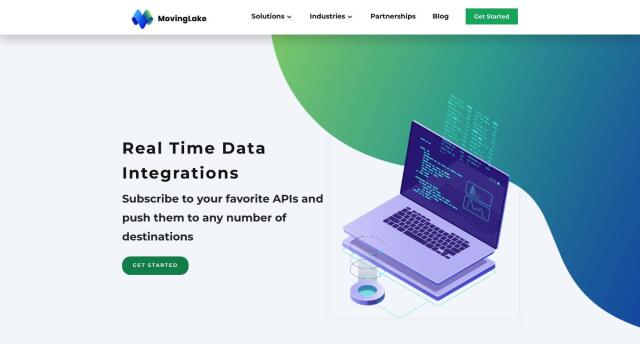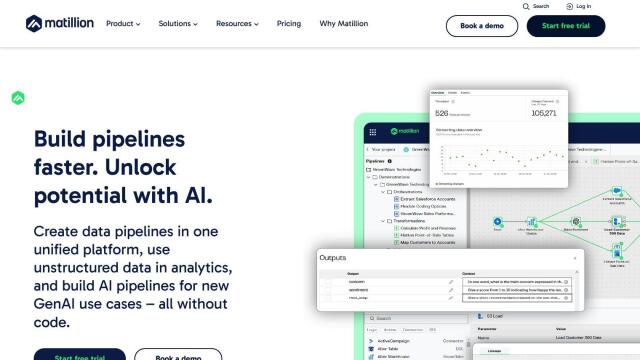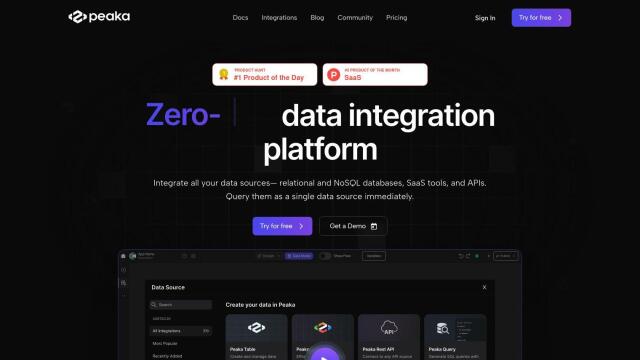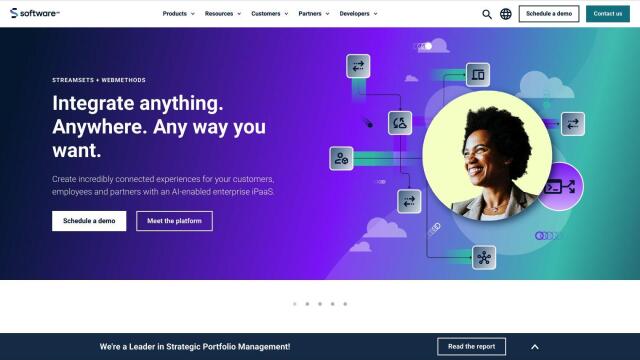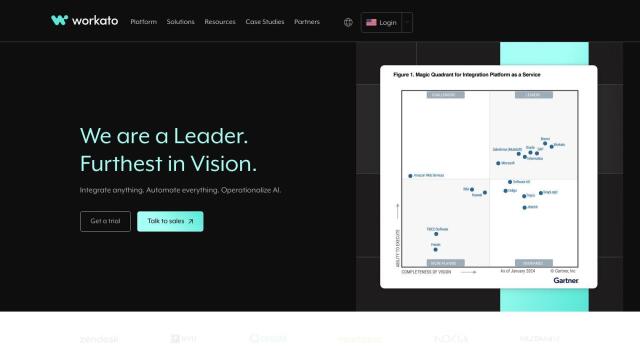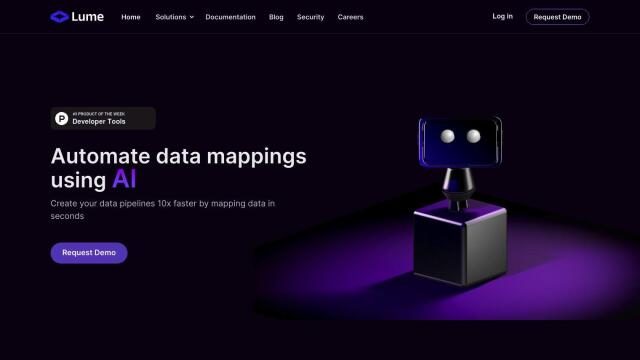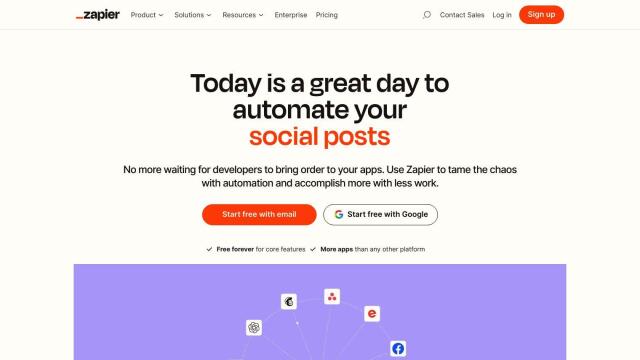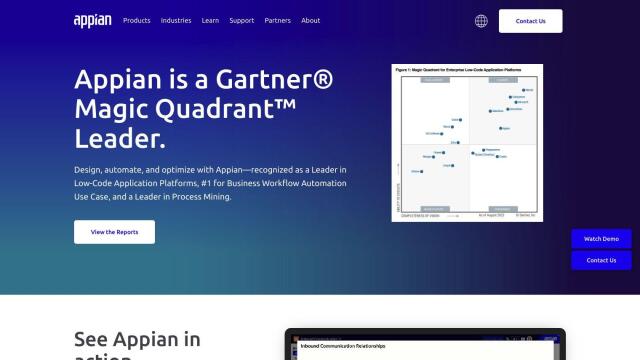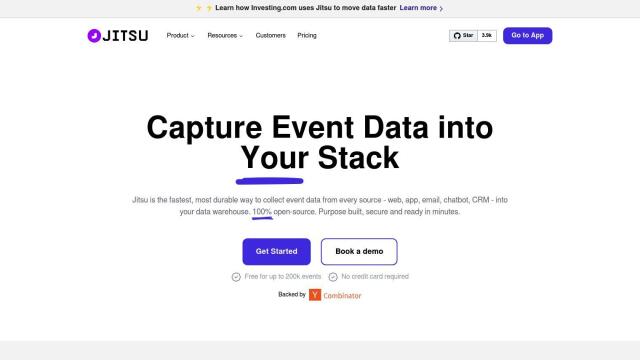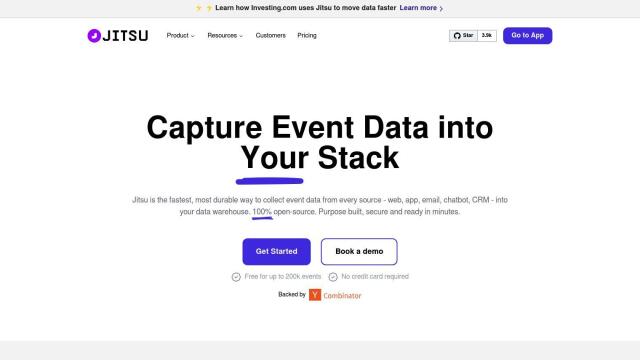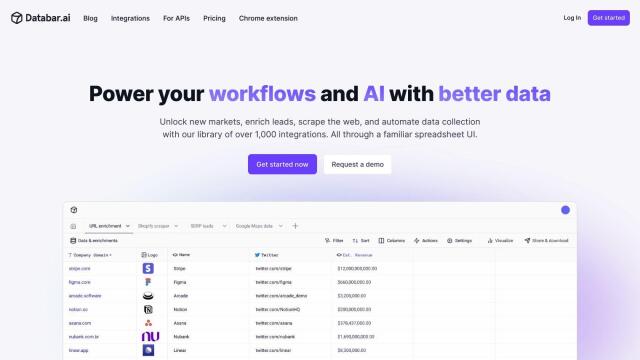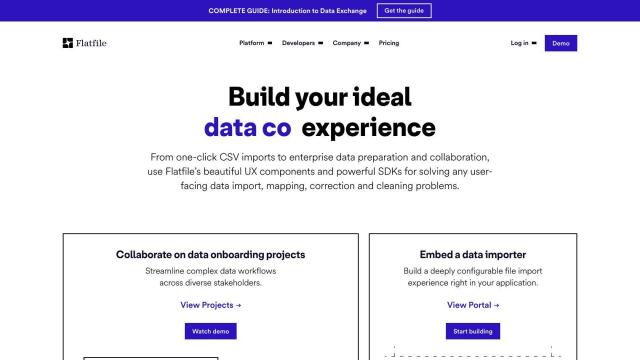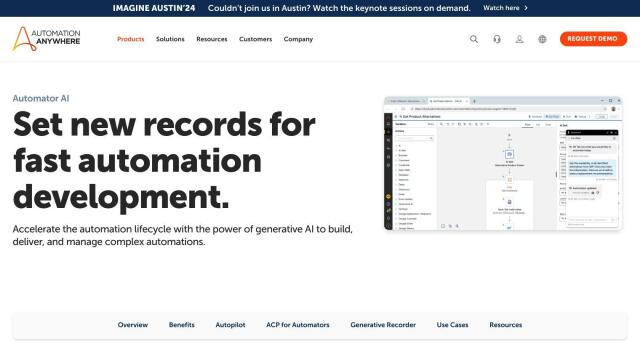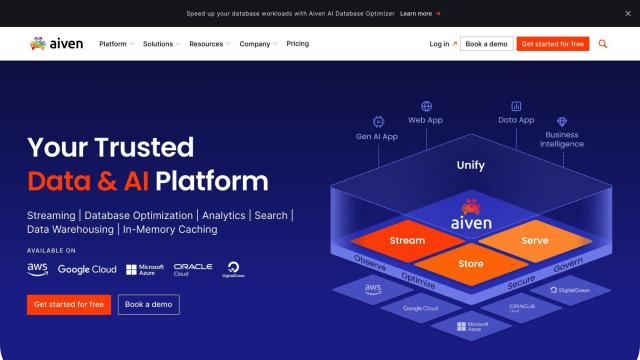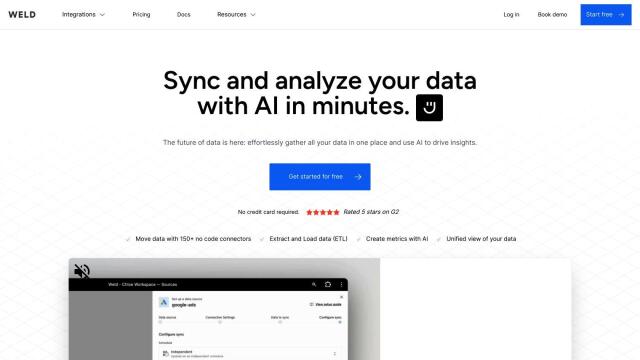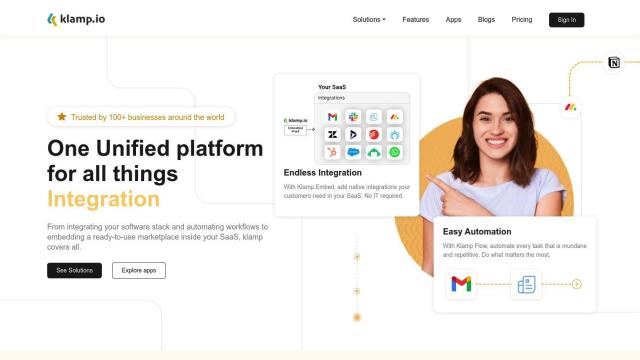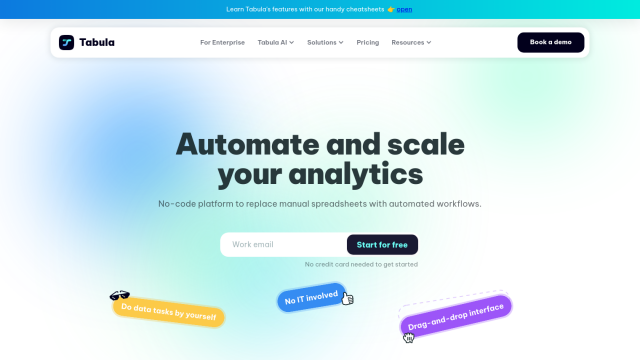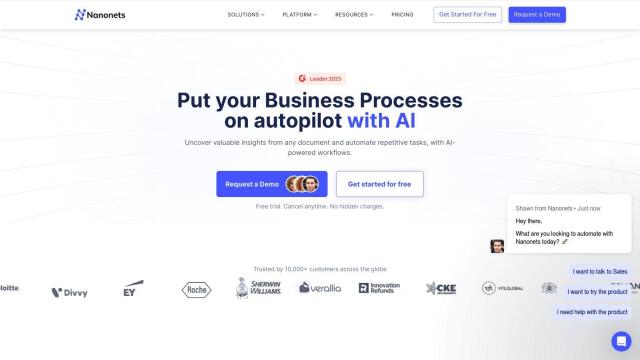Question: I'm looking for a way to automate data integration from multiple sources without requiring a large IT team, can you help?

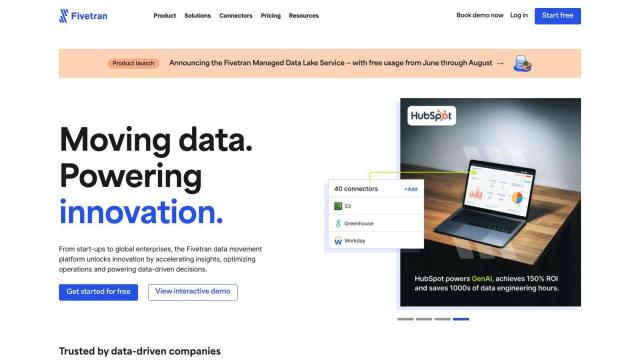
Fivetran
If you need to automate data integration from many sources without a huge IT staff, Fivetran is a good option. It can handle more than 500 data sources, including SaaS apps, databases, ERPs and other sources, through its wide range of connectors. Fivetran has multiple deployment options to ensure secure data integration in on-premise, cloud and hybrid environments. Features like automated data integration, real-time analytics and support for major standards make it easier to run data operations and make decisions for companies with complex data challenges.
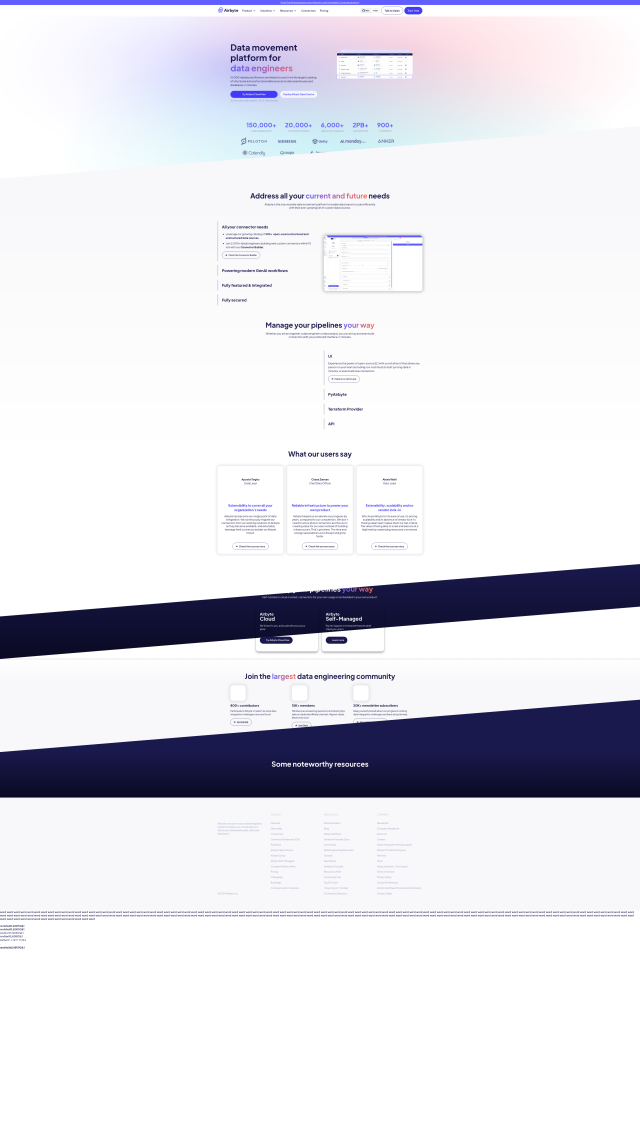
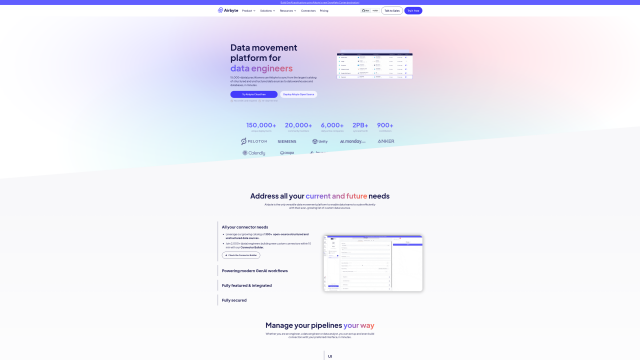
Airbyte
Another good option is Airbyte, an open-source data integration service that can handle more than 300 structured and unstructured data sources. It can move data to multiple destinations and has features like custom connectors, automated schema evolution and strong security. With multiple deployment options and pipelines that can be controlled with an easy-to-use UI or programming libraries, Airbyte is good for both large-scale and small-scale data integration jobs.

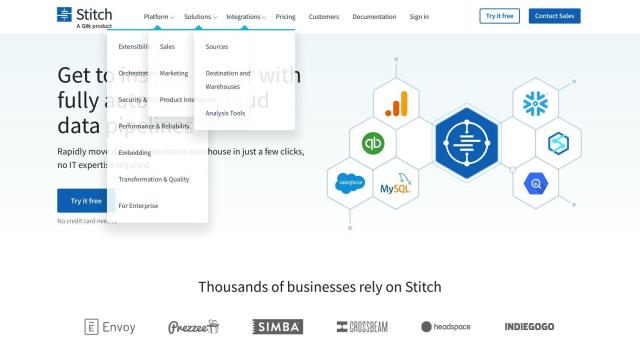
Stitch
If you want a cloud-based option, Stitch is a fast and easy-to-use ETL tool that can connect data from more than 140 sources to a cloud data warehouse. It doesn't require any programming skills, so nontechies can use it. Stitch offers automated cloud data pipelines, high-speed data transfer and enterprise-grade security, which can ease the load on your IT staff while giving you better insights.

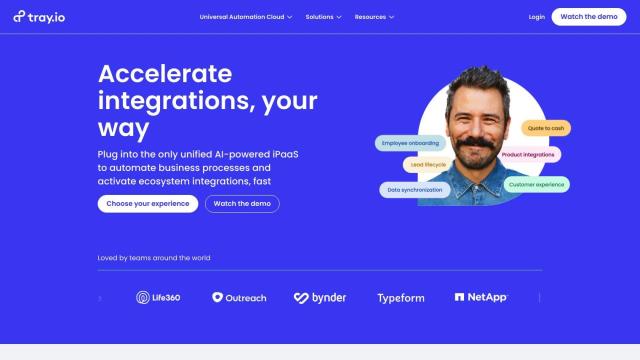
Tray
Last, consider Tray, an AI-powered iPaaS that automates business processes and integrates data across software ecosystems. It's got a low-code workflow builder and strong governance and security controls, so it's a good option for businesses that want to automate workflows and simplify integrations. Tray's usage-based pricing means you pay only for what you use, which can be a good option for companies that want to improve productivity and streamline operations.

